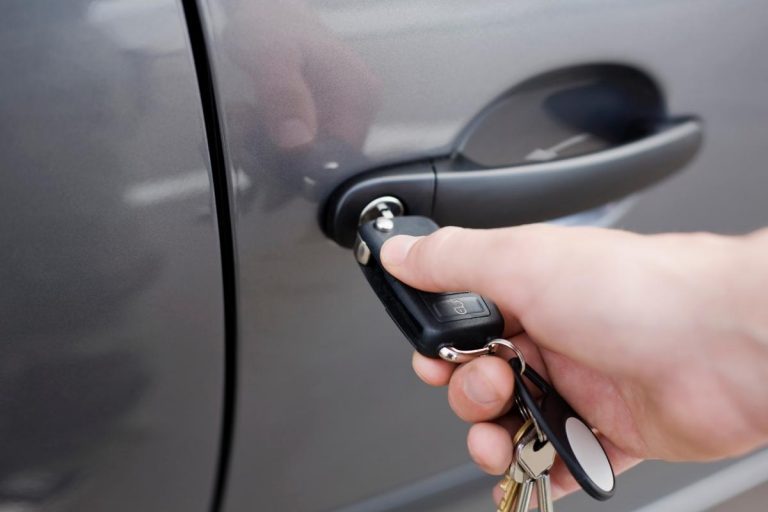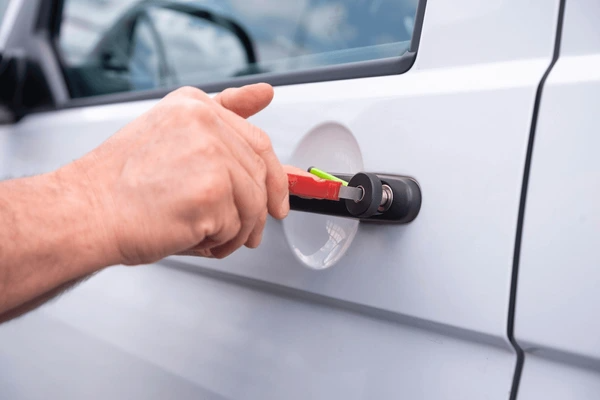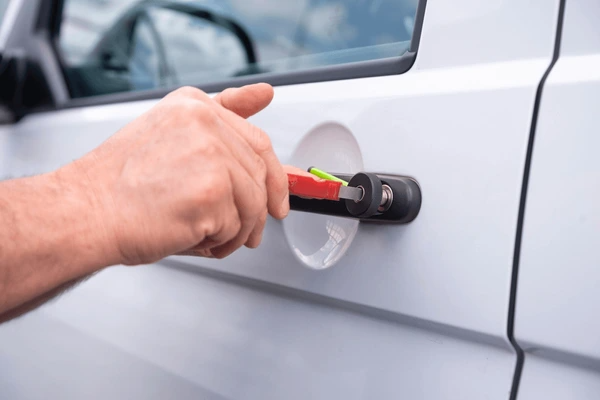Winter is a magical time of the year with its serene landscapes and fluffy snowflakes. However, this beauty comes with its own set of challenges, especially for our vehicles. Understanding how snow affects car lock mechanisms is crucial for every car owner living in regions that experience harsh winters. The cold, coupled with snow, can cause significant issues, making it essential for you to know how to protect your car’s locks.

Understanding the Problem
When temperatures drop, moisture from snow can seep into the car’s lock mechanism. This moisture can freeze, causing the lock to jam. Knowing how snow affects car lock mechanisms can help you prevent these problems before they arise. Its not just about inconvenience; a frozen lock can lead to a range of issues, including the potential need for costly repairs.
The Science Behind Frozen Locks
At a basic level, car locks function through a series of pins and tumblers. When you insert your key, these components align to unlock the door. Snow and ice can disrupt this delicate balance. As temperatures fluctuate, snow melts into water, which can seep into the lock. When the temperature drops again, this water freezes, causing the mechanism to seize.
Why Are Car Locks Vulnerable?
Car locks are particularly vulnerable in winter due to their exposure to the elements. Unlike other parts of your vehicle that might be somewhat protected, locks are often directly exposed to snow and ice. This exposure makes it imperative to understand how snow affects car lock mechanisms and to take preventive measures.
Preventive Measures to Protect Your Car Locks
Taking proactive steps can save you from the frustration of a frozen lock. Here are some tips to help you:
1. Regular Maintenance
Regular maintenance of your car locks can prevent snow and moisture from causing damage. Use a lubricant specifically designed for locks to keep the mechanism smooth and prevent freezing.
2. Cover Your Car
Whenever possible, park your car in a garage or use a car cover. This shields your vehicle from direct exposure to snow and reduces the risk of moisture entering the locks. Learn more about daily routines to avoid losing keys by visiting this guide.
3. Use a Lock De-Icer
Lock de-icers are readily available and can be a lifesaver during winter. These products contain alcohol or other solvents that can rapidly melt ice, allowing you to insert your key easily.
What to Do If Your Lock Freezes
Despite your best efforts, you may still encounter a frozen lock. Heres what you can do:
1. Warm the Key
Gently warming your key with a lighter can help melt the ice inside the lock. Be cautious to avoid burning yourself, and never apply excessive heat.
2. Try a De-Icer
If you havent already, now is the time to use a lock de-icer. Spray it directly into the lock, wait a few moments, and try turning the key again.
Long-term Solutions
For those living in areas with severe winters, investing in long-term solutions is wise.
1. Keyless Entry Systems
Consider upgrading to a keyless entry system. These systems eliminate the need for physical keys, meaning you never have to worry about frozen locks again. Explore the benefits and risks of keyless systems by reading this article.
2. Regular Vehicle Check-ups
Having your vehicle checked regularly by a professional can help identify issues before they become major problems. This includes ensuring that locks are lubricated and functioning correctly.
Why It’s Important to Act Quickly
Frozen locks are more than just an inconvenience. They can lead to broken keys or even damage to the lock mechanism itself. Acting quickly and understanding how snow affects car lock mechanisms can save you time and money in the long run.

FAQs
1. Can a frozen lock damage my car?
Yes, attempting to force a frozen lock open can lead to broken keys or damage to the lock itself.
2. Are lock de-icers safe?
Lock de-icers are generally safe for use on car locks. They are designed to melt ice quickly without causing damage.
3. Is it worth investing in a keyless entry system?
If you live in an area with harsh winters, investing in a keyless entry system can be beneficial. It eliminates the risk of frozen locks.
For more information on avoiding vehicle lockouts, visit this article.
This article contains affiliate links. We may earn a commission at no extra cost to you.





